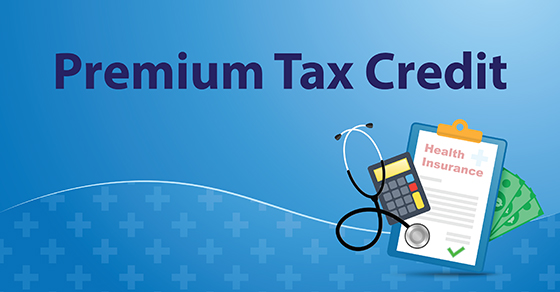Teachers and others can deduct eligible educator expenses this year — and more next year and beyond
September 4, 2025 | Paula Kennedy, EA
New deductions available for teachers under the OBBBA. If you are a teacher you will want to read this!
Read MoreKnow the ins and outs of “reasonable compensation”
April 19, 2021 | Brian Hare, CPA, CGMA
Owners of incorporated businesses know that there’s a tax advantage to taking money out of a C corporation as compensation rather than as dividends. The reason: A corporation can deduct the salaries and bonuses that it pays executives reasonable compensation, but not dividend payments. Thus, if funds are paid as dividends, they’re taxed twice, once […]
Changes to PTC could increase penalty risk
April 14, 2021 | Megan Kosciolek, MST
The premium tax credit (PTC) is a refundable credit that helps individuals and families pay for insurance obtained from a Health Insurance Marketplace (commonly known as an “Exchange”). A provision of the Affordable Care Act (ACA) created the credit. The American Rescue Plan Act (ARPA), signed into law in March 2021, made several significant enhancements […]
Simple retirement savings options for your small business
April 14, 2021 | Brian Hare, CPA, CGMA
Are you thinking about setting up a retirement savings plan for yourself and your employees, but you’re worried about the financial commitment and administrative burdens involved in providing a traditional pension plan? Two options to consider are a “simplified employee pension” (SEP) or a “savings incentive match plan for employees” (SIMPLE). SEPs are intended as […]
Home sales: How to determine your “basis”
April 13, 2021 | Paula Kennedy, EA
The housing market in many parts of the country is strong this spring. If you’re buying or selling a home, you should know how to determine your “basis”. How it works You can claim an itemized deduction on your tax return for real estate taxes and home mortgage interest. Most other home ownership costs can’t […]
Providing optimal IT support for remote employees
April 7, 2021 | Ryan Burke, CPA, MSF
If you were to ask your IT staff about how tech support for remote employees is going, they might say something along the lines of, “Fantastic! Never better!” However, if you asked remote workers the same question about IT support, their response could be far less enthusiastic. This was among the findings of a report […]
Tax advantages of hiring your child at your small business
April 5, 2021 | Brian Hare, CPA, CGMA
As a business owner, you should be aware that you can save family income and payroll taxes by hiring your child and putting them on the payroll. Here are some considerations. Shifting business earnings You can turn some of your high-taxed income into tax-free or low-taxed income by shifting some business earnings to a child […]
Who qualifies for “head of household” tax filing status?
April 5, 2021 | Paula Kennedy, EA
When you file your tax return, you must check one of the following filing statuses: Single, married filing jointly, married filing separately, head of household or qualifying widow(er). Who qualifies to file a return as a head of household, which is more favorable than single? To qualify, you must maintain a household, which for more […]
EIDL loans, offer relief to struggling small businesses
March 31, 2021 | Megan Kosciolek, MST
The American Rescue Plan Act (ARPA), signed into law in early March, aims at offering widespread financial relief to individuals and employers adversely affected by the COVID-19 pandemic. The law specifically targets small businesses in many of its provisions. If you own a small company, you may want to explore funding via the Small Business […]
Ensure life insurance isn’t taxable estate
March 30, 2021 | Paula Kennedy, EA
If you have a life insurance policy, you may want to ensure that the benefits your family will receive after your death won’t be included in your estate. That way, the benefits won’t be subject to federal estate tax. Current exemption amounts For 2021, the federal estate and gift tax exemption is $11.7 million ($23.4 […]
Need a new business vehicle? Consider a heavy SUV
March 30, 2021 | Ryan Burke, CPA, MSF
Are you considering buying or replacing a vehicle that you’ll use in your business? If you choose a heavy (SUV), you may be able to benefit from lucrative tax rules for those business vehicles. Bonus depreciation Under current law, 100% first-year bonus depreciation is available for qualified new and used property that’s acquired and placed […]










